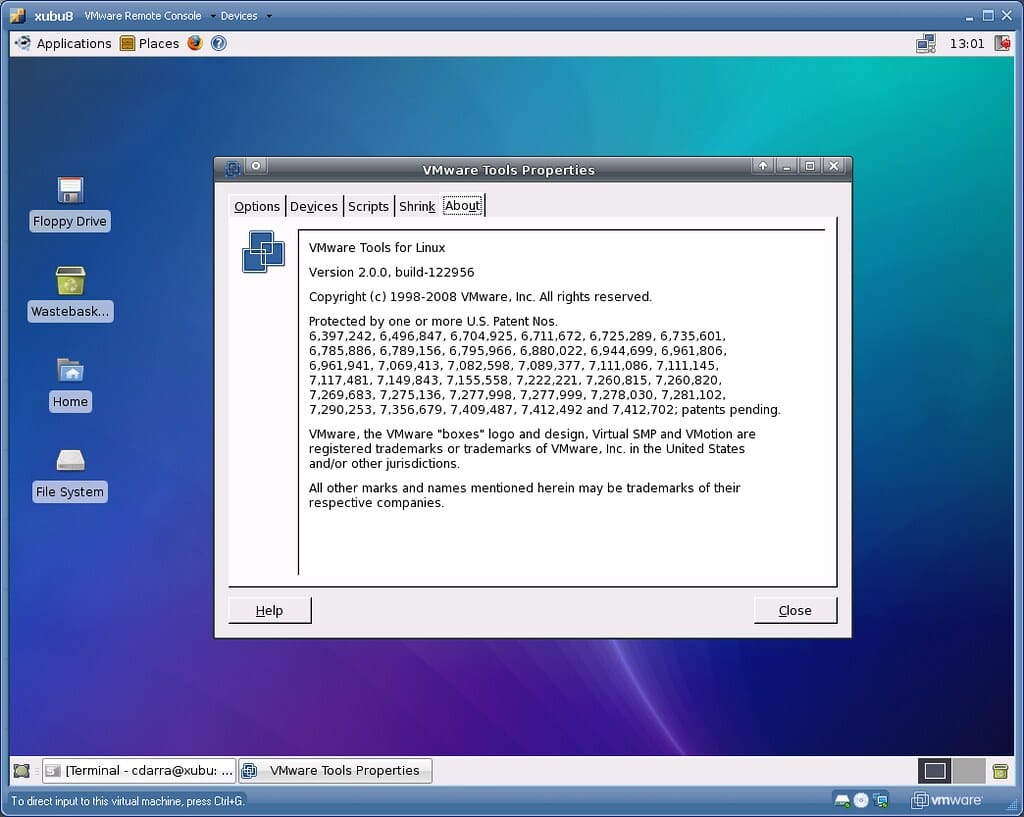VMware Blocks Legacy License Holders from Critical Security Updates
VMware has sparked industry outrage by restricting access to critical security patches for customers who purchased perpetual licenses, forcing organizations to choose between cybersecurity and expensive subscription upgrades following Broadcom's controversial acquisition.
The Patch Gate Controversy
Since Broadcom's $69 billion acquisition of VMware completed in November 2023, enterprise customers have faced mounting pressure to abandon their existing perpetual licenses in favor of subscription-based models. The latest escalation came when VMware began preventing customers with certain perpetual licenses from downloading essential security patches and updates—a move that security experts are calling unprecedented and dangerous.
The restriction primarily affects customers holding older perpetual licenses who haven't upgraded to VMware's newer subscription offerings like vSphere Foundation or vCloud Foundation. These organizations, many of whom invested heavily in VMware infrastructure over the past decade, now find themselves cut off from patches that address critical vulnerabilities in their production environments.
Security Implications Mount
Immediate Risks for Enterprise IT
The implications extend far beyond licensing disputes. Organizations unable to access patches face genuine security risks, as VMware regularly releases updates addressing zero-day vulnerabilities and other critical security flaws. Without these patches, enterprise networks running VMware infrastructure become increasingly vulnerable to cyberattacks.
"This creates an impossible situation for IT departments," explains Sarah Martinez, a cybersecurity consultant who works with Fortune 500 companies. "They're being forced to choose between maintaining security compliance and avoiding massive budget overruns from forced subscription upgrades."
Compliance Nightmares
The patch restrictions also create significant compliance challenges. Many regulated industries require organizations to maintain current security patches across all infrastructure components. Companies in healthcare, finance, and government sectors may find themselves in violation of regulatory requirements simply because they cannot access necessary updates.
Customer Backlash Intensifies
Enterprise Customers Revolt
The response from VMware's enterprise customer base has been swift and overwhelmingly negative. Online forums and social media platforms are filled with IT administrators sharing their frustration and exploring alternatives to VMware's ecosystem.
One anonymous IT director at a major healthcare provider reported: "We're looking at a potential seven-figure annual increase in licensing costs just to maintain the same level of security we had before the acquisition. It's forcing us to seriously consider migrating our entire virtualization infrastructure."
Alternative Solutions Gain Traction
The controversy has accelerated interest in VMware alternatives, with competitors like Microsoft Hyper-V, Proxmox, and open-source solutions experiencing increased inquiries. Some organizations are fast-tracking migration projects they had previously considered too risky or expensive.
Legal and Ethical Questions
Contract Obligations Under Scrutiny
Legal experts are questioning whether VMware's actions violate the terms of existing perpetual license agreements. Many of these contracts included implicit or explicit guarantees of ongoing support and security updates as part of the original purchase.
"There's a strong argument that preventing access to security patches fundamentally alters the value proposition that customers originally paid for," notes technology attorney Robert Kim. "This could potentially open VMware to breach of contract claims."
Industry Standards at Risk
The move also threatens to establish a dangerous precedent in the enterprise software industry. If other vendors follow VMware's lead, perpetual license holders across the technology landscape could face similar patch restrictions, fundamentally changing how enterprise software security is managed.
The Path Forward
As organizations grapple with this new reality, several trends are emerging. Some enterprises are negotiating transition periods with VMware to plan migrations, while others are exploring hybrid approaches that minimize their dependence on VMware infrastructure.
The situation highlights the growing risks of vendor lock-in in critical infrastructure decisions. Organizations that heavily invested in single-vendor solutions are finding themselves with limited negotiating power when acquisition-driven policy changes occur.
Key Takeaways
VMware's decision to restrict patch access for perpetual license holders represents more than a licensing dispute—it's a fundamental shift in how enterprise software security is managed. Organizations must now factor ongoing security access into their infrastructure investment decisions, recognizing that perpetual licenses may not provide the long-term stability they once promised.
For current VMware customers, the message is clear: develop contingency plans, evaluate alternatives, and prepare for a potentially expensive transition to maintain security compliance in an increasingly hostile licensing environment.

